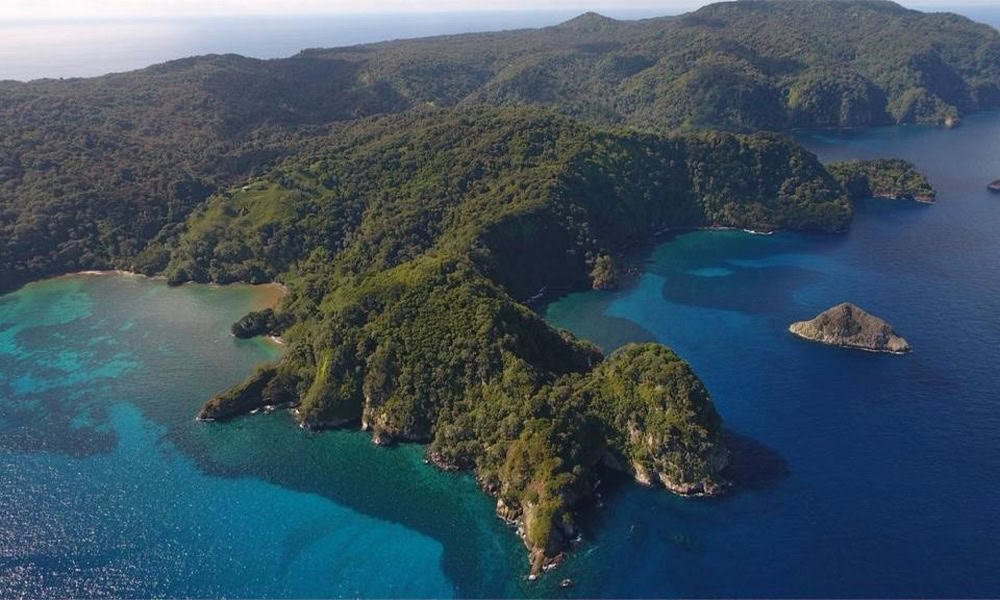The Ministry of Environment and Energy (MINAE) and the National System of Conservation Areas (SINAC-MINAE) annouced the Constitutional Court rejected the action filed by several fishermen associations against the expansion of the boundaries of Cocos Island National Park established through Executive Decree No. 43368-MINAE.
The constitutional judges unanimously considered that the aforementioned decree does not violate constitutional rights.
“A consultation process was carried out prior to the issuance of the challenged decree in which the fishing sector was given ample participation and in which it was able to raise issues, doubts, request additional hearings and provide evidence,” the Constitutional Court declared.
The plaintiffs claimed that the Decree was contrary to Articles 11, 28, 33, 34, 45, 46, and 50 of the Political Constitution, and that it violated the constitutional principles of regulatory power, legal reserve, free enterprise, right to work, innocence, legality, reasonableness, legitimate trust, and pro homine.
The judges also pointed out that there are technical studies that demonstrated the viability of issuing the decree, in order to provide greater protection to the Cocos Island National Park and the Bicentennial Marine Area.
“The permits, concessions, and authorizations of the fishermen have not been modified or affected, and the scope of the decree seeks to provide greater protection to the marine resource, so that neither legal certainty nor legitimate trust is harmed,” the Chamber said.
The process of expanding the area was based on technical-scientific studies prepared by academia and researchers, a model for defining sites of conservation importance, and various other sources.
Prior to the publication of the Executive Decree, MINAE-SINAC had carried out a series of participatory roundtables with key stakeholders, such as academia, non-governmental organizations, public institutions, the tourism, and fishing productive sector, among other stakeholders involved in the process.
Because of its category, Cocos Island National Park is a protected area that limits its uses to ecotourism, research, and environmental education.
“With the expansion, the country meets the international commitments made to conserve 30% of the marine territory by 2030, through the High Ambition Coalition for Nature and People initiative,” commented Franz Tattenbach, Minister of Environment and Energy.
Gina Cuza, Regional Director of the Cocos Marine Conservation Area, also noted that this expansion aligns with similar regional efforts by countries like Ecuador, Colombia, and Panama. These efforts are aimed at achieving greater connectivity in the Eastern Tropical Pacific region and safeguarding a marine area that is home to highly migratory, threatened, and vulnerable species.






